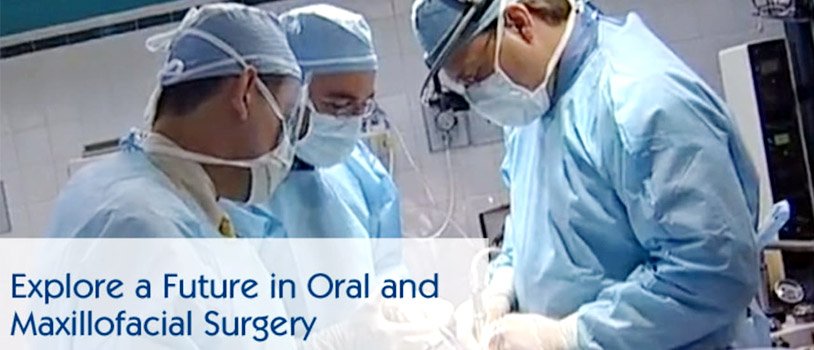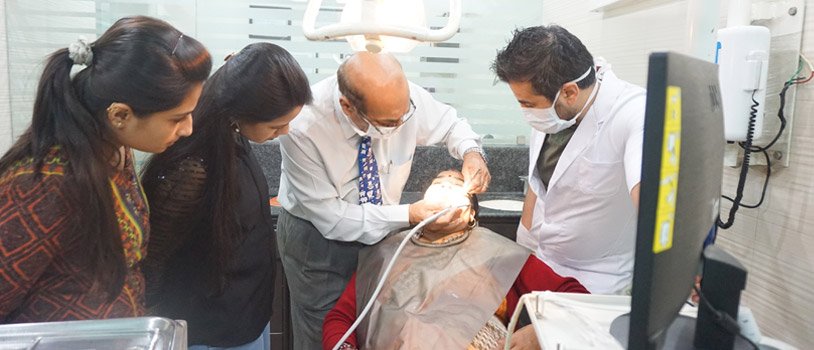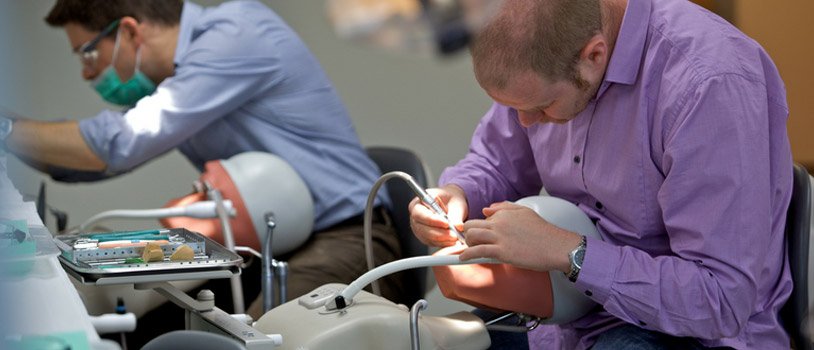Oral and Maxillofacial surgery (OMS) is a branch of dentistry specializing in diagnosing and treating injuries, diseases and defects in the face, jaws, neck, head and soft tissues of mouth, jaws and neck region.
It’s an internationally recognized surgical specialty and in most countries, it’s a recognized specialty of dentistry. Whereas, in most of Europe, it’s recognized both as a specialty in dentistry and medicine, and requires a dual degree in both dentistry and medicine.
Maxillofacial and Oral surgeons are trained alongside other medical residents in aspects of emergency, anesthesiology, pain control and general surgery, and are the only one besides anaesthesiologists to have the expertise to administer all the levels of sedation until general anaesthesia.
A Maxillofacial and Oral surgeon is a region-specialist surgeon performing surgery on the craniomaxillofacial complex, i.e. anatomical portion and associated structures of mouth, jaws, face and skull.
When might you need an Oral Surgery?
It’s not necessary for an oral and maxillofacial surgeon to perform every type of oral surgery. Many a tome, general dentists are experts at common procedures like simple tooth extraction. However, if you’re referred to an oral surgeon, it doesn’t mean that you have a complex case, it simply is an indication that there’s a specialized surgeon who can treat your case better.
The following conditions can require an oral surgeon:
Tooth Extractions
Tooth extraction is one of the most recognized forms of oral surgery and involves:
– Impacted teeth, i.e. partially erupted wisdom teeth, cuspids and bicuspids
– Decayed/fractured tooth
Dental Implants
Dental implant is a procedure that’s used to replace missing teeth, provide stability to a denture and as an alternative to bridges and dentures.
Corrective Jaw Surgery
Known as Orthognathic surgery, it’s a surgical procedure performed on the jaws by an oral and maxillofacial surgeon.
– Misaligned Jaw: The upper and lower jaws sometimes do not grow in sync causing complications in speaking, eating, and breathing. Such cases, if complex, require oral surgeries.
– Improve Dentures: Oral surgery can be required to correct any irregularities in the jaws prior to molding the dentures for a perfect fit. It’s also used to add bone graft to areas where the supporting bone is deteriorating
– TMJ or Temporomandibular Joint Pain caused by trauma or deformation is treated with oral surgery, physical therapy, splints and medications.
– Bruxism, or extensive teeth clenching
– Malocclusion, i.e. incorrect bite
Other Conditions
– Lesion removal
– Facial injury
– Cleft lip and cleft palate




